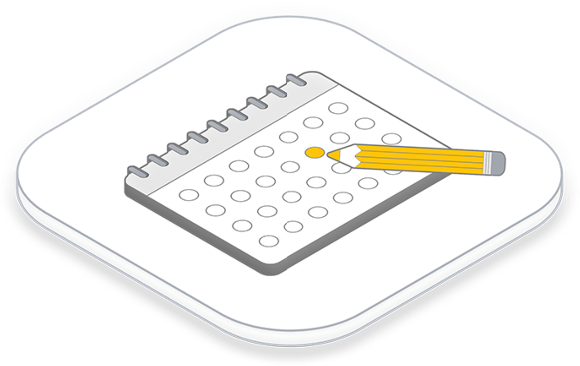13
September 2023
The use of Artificial Intelligence (AI) in speech technology has changed the way we communicate with each other. AI systems allow us to overcome language barriers and have conversations in different languages. This can offer a variety of benefits, both for personal and business use. Here we present how you can benefit from it yourself.
Machine translation and speech recognition
One of the most important applications of AI in language technology is machine translation. This involves automatically translating text in one language into another. The technology behind this is based on neural networks and deep learning algorithms that are trained on large amounts of speech data. These systems analyze and learn from linguistic patterns and contexts to produce increasingly accurate and precise translations. An excellent example is DeepL, which was developed in Germany. However, AI systems can also be used in speech recognition. This makes it possible to automatically convert spoken language into text. This makes it possible, for example, to record telephone calls or interviews and transcribe them later. One example of such a solution is otter.ai, which can be used to document video conferences in writing, among other things. Speech recognition is also used in the voice control of smart home devices or navigation systems to facilitate operation.
Another example, which is currently the subject of much discussion, is the use of AI in chatbots and virtual assistants. These systems can perform a variety of tasks, such as answering customer inquiries or making appointments. Chatbots and virtual assistants use AI to have human-like conversations and offer customized solutions. The most prominent example is the AI solution ChatGPT from open.ai.
How companies benefit
So the benefits of AI in language technology are definitely many. For businesses, machine translation can facilitate communication with customers and partners in other countries and increase global reach. The work of translators and interpreters can also be aided by the use of AI, helping with pre-translation of texts or serving as additional support during interpretation. In education, AI can help improve access to educational materials in other languages. Language learning apps, in turn, can set individual learning goals through AI-based feedback, making language learning more effective. AI in speech technology can also be used in healthcare to help diagnose and treat patients. For example, AI-based chatbots can ask accurate questions to identify symptoms and recommend to patients whether they should see a doctor.
Still room for improvement
However, there are also challenges to using AI in language technology. One of the biggest challenges is improving the quality of machine translations. Although the technology is becoming more accurate, there are still linguistic nuances and cultural differences that AI systems cannot detect. Data and privacy security can also be an issue, especially when using AI-based chatbots and virtual assistants. Another problem is data and prejudice distortion in AI systems. When AI systems are trained on large amounts of speech data, biases and prejudices can be inherited in the data. This can lead to discriminatory results, especially with respect to language variations and dialects.
It is therefore important to consider the ethical and societal implications when using AI in speech technology. Companies and developers must therefore ensure that their AI systems are fair and transparent, and that they protect the privacy and data of their users.
We talk to you directly about the advantages of using AI in the field of speech technology. Get in touch with us!
About the author



Comments